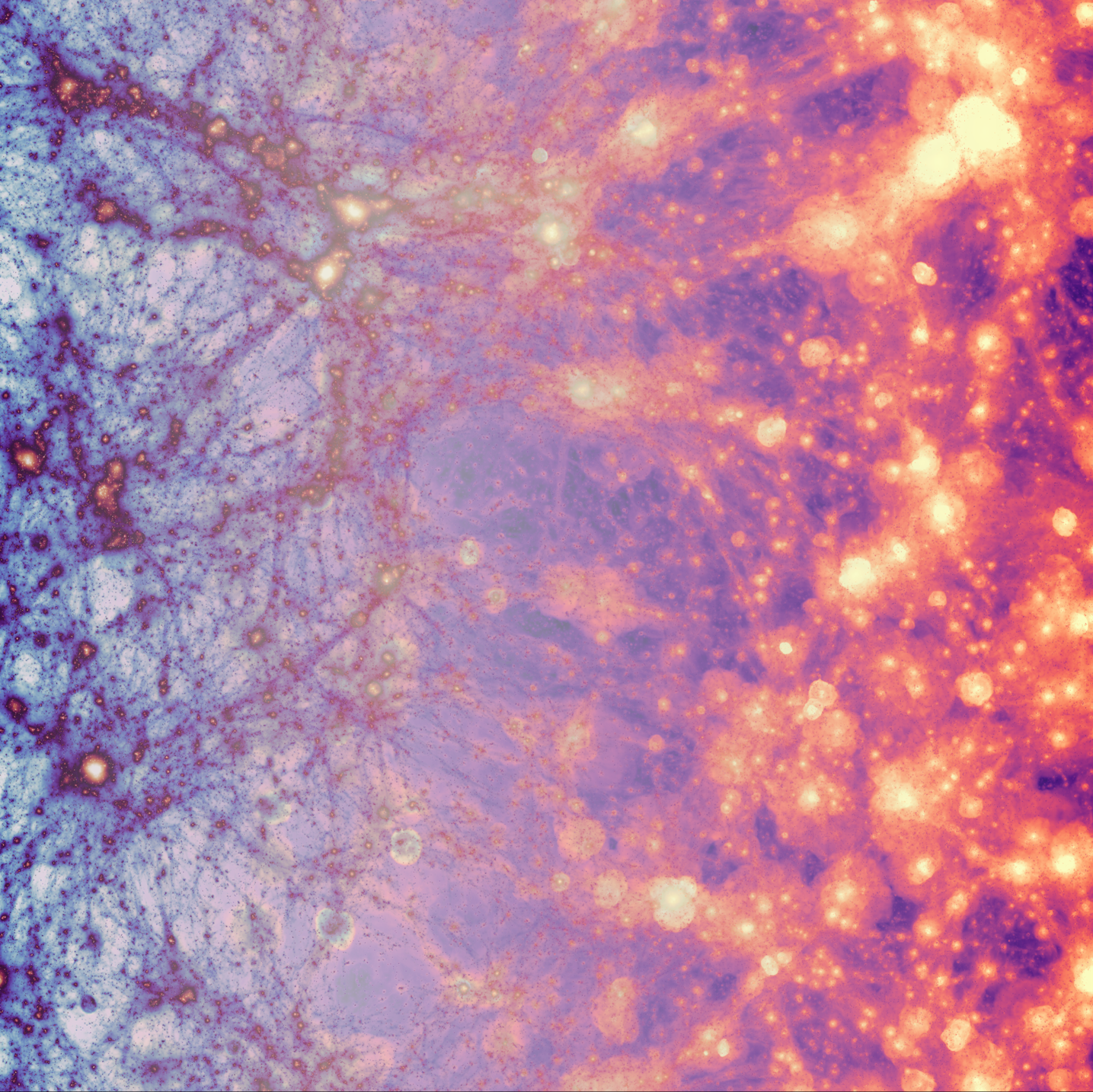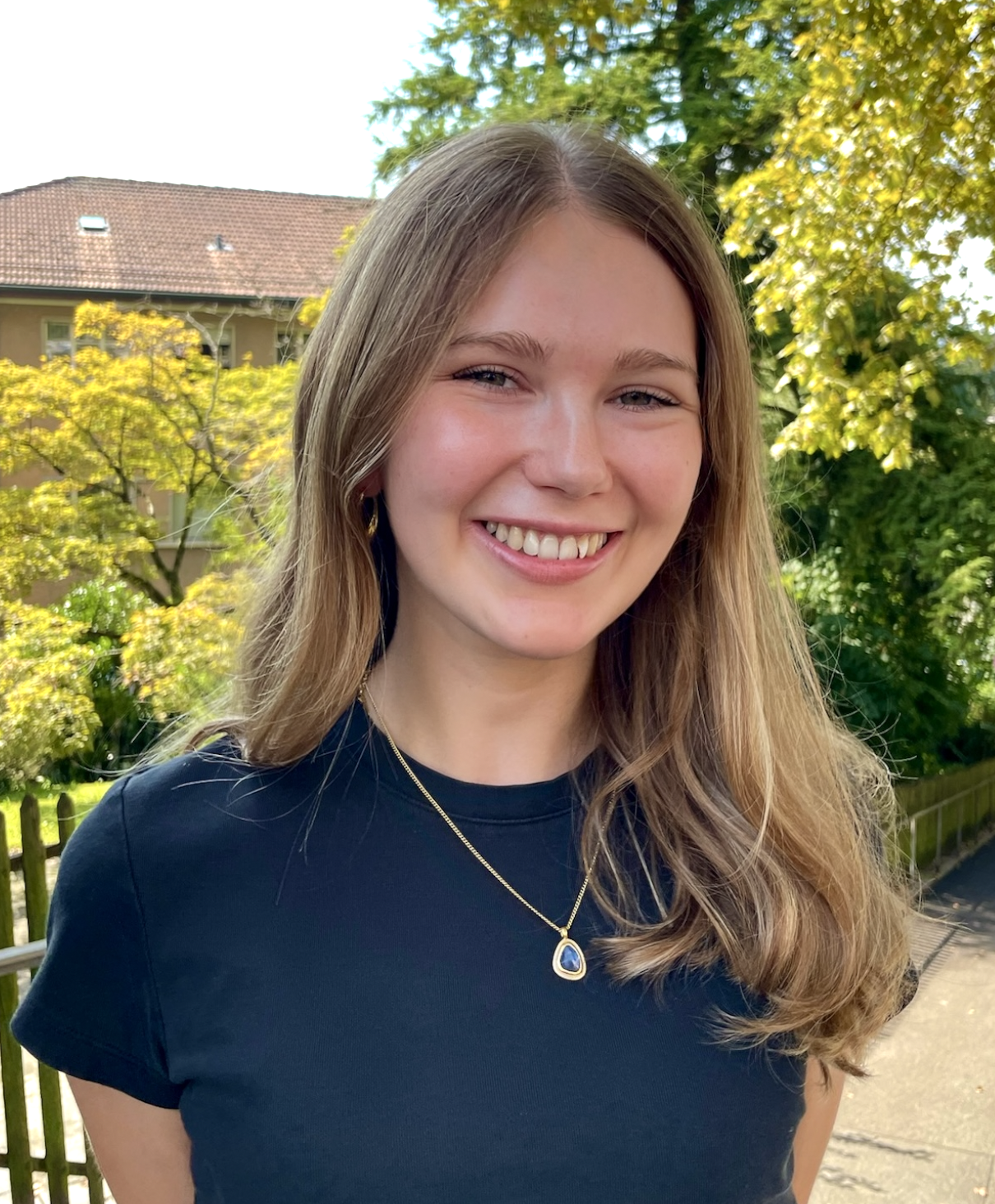Leah Bigwood
I am a final year PhD student at the Institute of Astronomy, University of Cambridge (and sometimes also found at Peyton Hall, Princeton University). Currently, I am a spending six months at the Flatiron Institute’s Centre for Computational Astrophysics in New York as a pre-doctoral researcher.
My research lies at the intersection between cosmology and galaxy formation; focusing on disentangling the effects of galaxy formation physics on the small-scale matter distribution, to obtain precise cosmological constraints from weak lensing surveys and enable signatures of non-standard dark matter to be detected. Ultimately this lays the groundwork for discovering new fundamental physics, including determining the nature of dark energy and dark matter, whilst progressing our understanding of astrophysics along the way.

Contact me
I am always enthusiastic to hear from anyone interested in my science! Please get in touch via:
email: lmb224@cam.ac.uk
